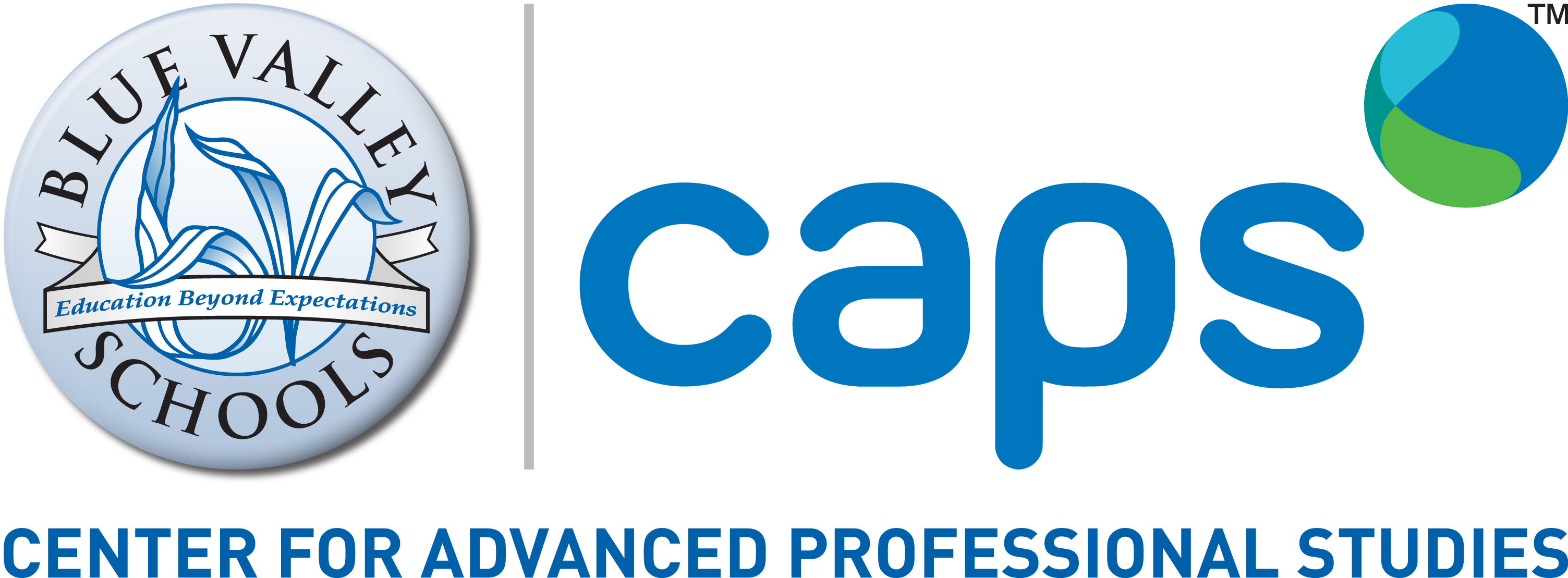Alex Assyia
Alex Assyia is a 2012 graduate of Blue Valley High School. He was in the CAPS Engineering for three semesters concentrating in civil engineering and architecture. Alex went on to attend the University of Kansas majoring in electrical engineering. While at CAPS Alex worked on the LifeBox project with Affecting Change International which re-purposed shipping containers for educational and healthcare deployment in Kenya. While in college Alex interned two years at Black & Veatch and two years at Kiewit. He is currently employed at Kiewit as an electrical engineer designing power plants.
Here are Alex’s reflections on his time at CAPS:
Did your CAPS experiences help you understand what you wanted to pursue in college and where you wanted to go?
I started thinking that I wanted to pursue architecture, then I shifted to mechanical engineering and finally landed with electrical engineering. I pursued this path after working on the Kenya Shipping Container project at CAPS where I designed the electrical system that ran off solely renewable energy. Now I am designing power plants. I that I made the right choice because I enjoy the work I do and learn something new each day.
Where there things at CAPS that helped prepare you for success in college?
I was able to learn and develop great teamwork, leadership and time management skills that allowed me to become the president of the University of Kansas Sailing Club during my freshman year. I knew how to efficiently plan, share ideas and lead the team to be successful based off lessons learned from projects at CAPS.
What was your biggest take-away from your CAPS experience?
The Experience. Once you are in college you are held back to strict lesson plans, a large workload of homework and exams and many other commitments that make it hard to get real world experience. Your days are spent learning theory and reading from books instead of working on real world projects, talking with clients/professionals and developing professional skills that will be used long after college. CAPS gives you’re the opportunity to dive into the deep end before you are held back by four or five years of degree work. Some things can’t be learned in the classroom and CAPS is one of the few places where you can learn much more valuable lessons that aren’t in any book, lecture or YouTube video but are learned from the projects, mistakes, mentors and the experience that students of the CAPS program are given.
